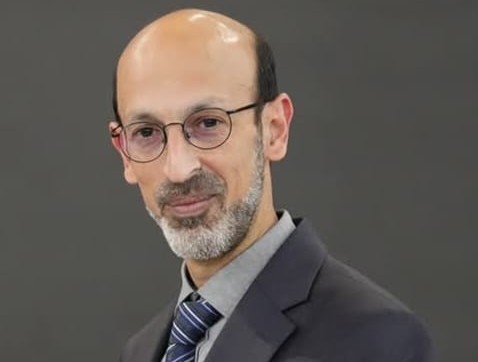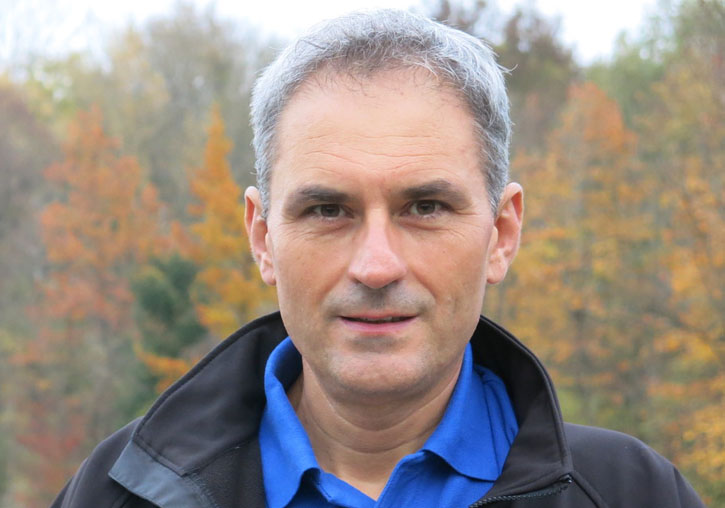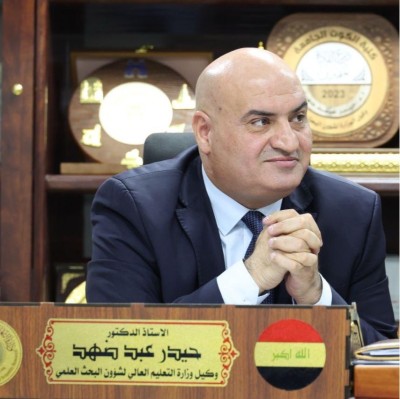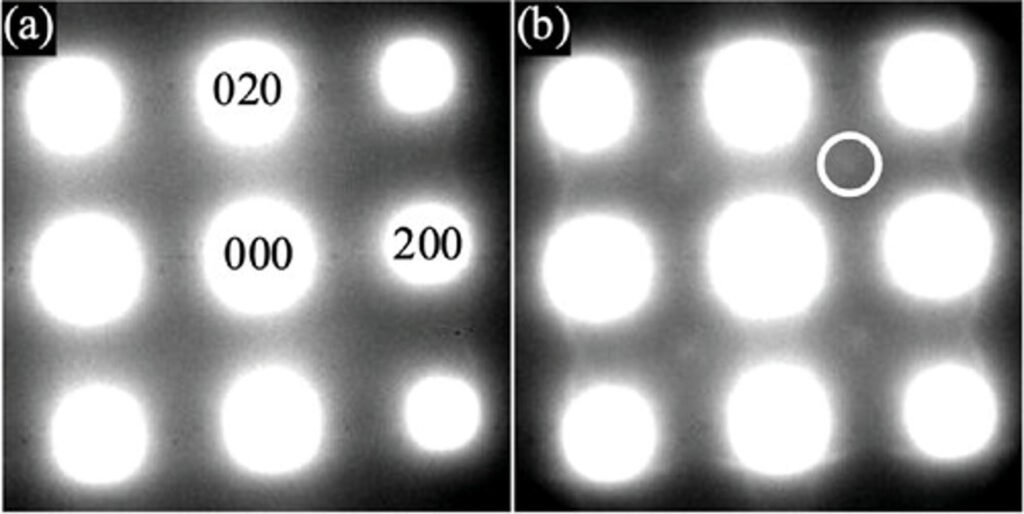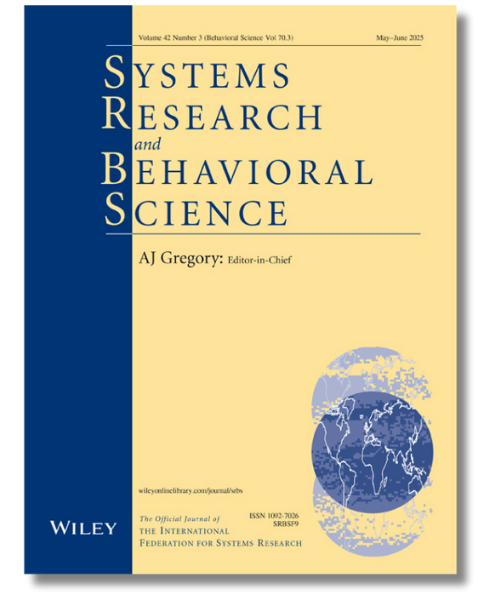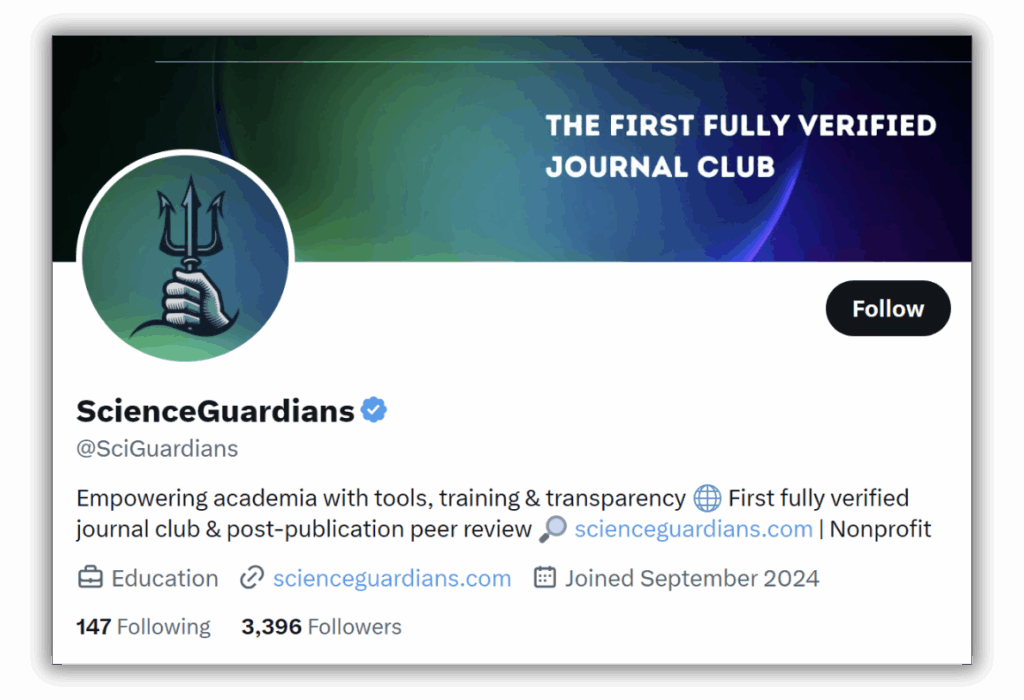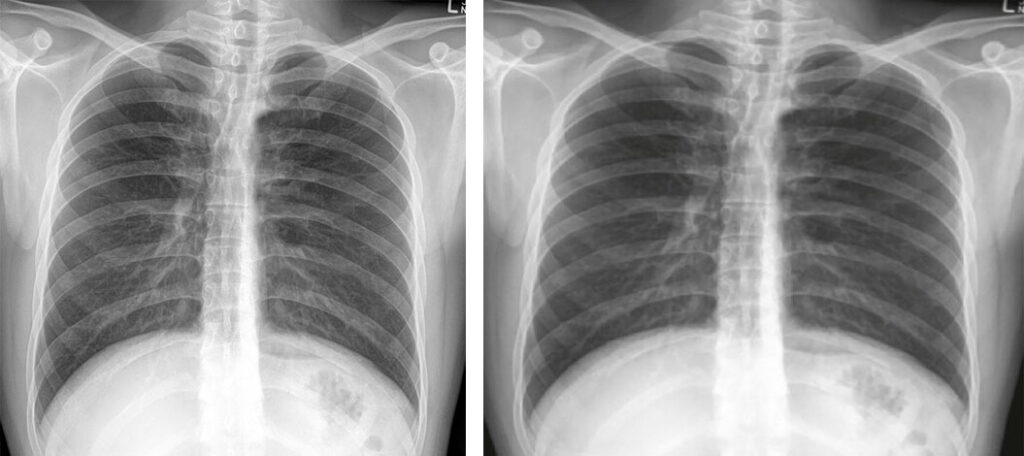A dean and professor at a public university in Iraq has lost another paper just weeks after we reported he was up to 16 retractions for authorship manipulation, fake peer review and other problems.
Yasser Fakri Mustafa of the University of Mosul was a coauthor of the newly retracted article, a review of how aerosol boxes affected intubation during the COVID‐19 pandemic. He denied wrongdoing.
As stated in the retraction notice, online September 23, the article’s title matched an authorship ad posted on social media on March 9, 2022, eight months before the paper appeared in Taylor & Francis’ Expert Review of Medical Devices.
Continue reading Iraqi dean earns another retraction for paper posted for sale on Facebook